Russia Hikes Rates to 19% Amid Inflation, Military Spending
By Rediff Money Desk, Moscow Sep 13, 2024 18:02
Russia's central bank raised its key interest rate to 19% to combat inflation driven by military spending. The bank aims to bring inflation down to 4% by 2025.
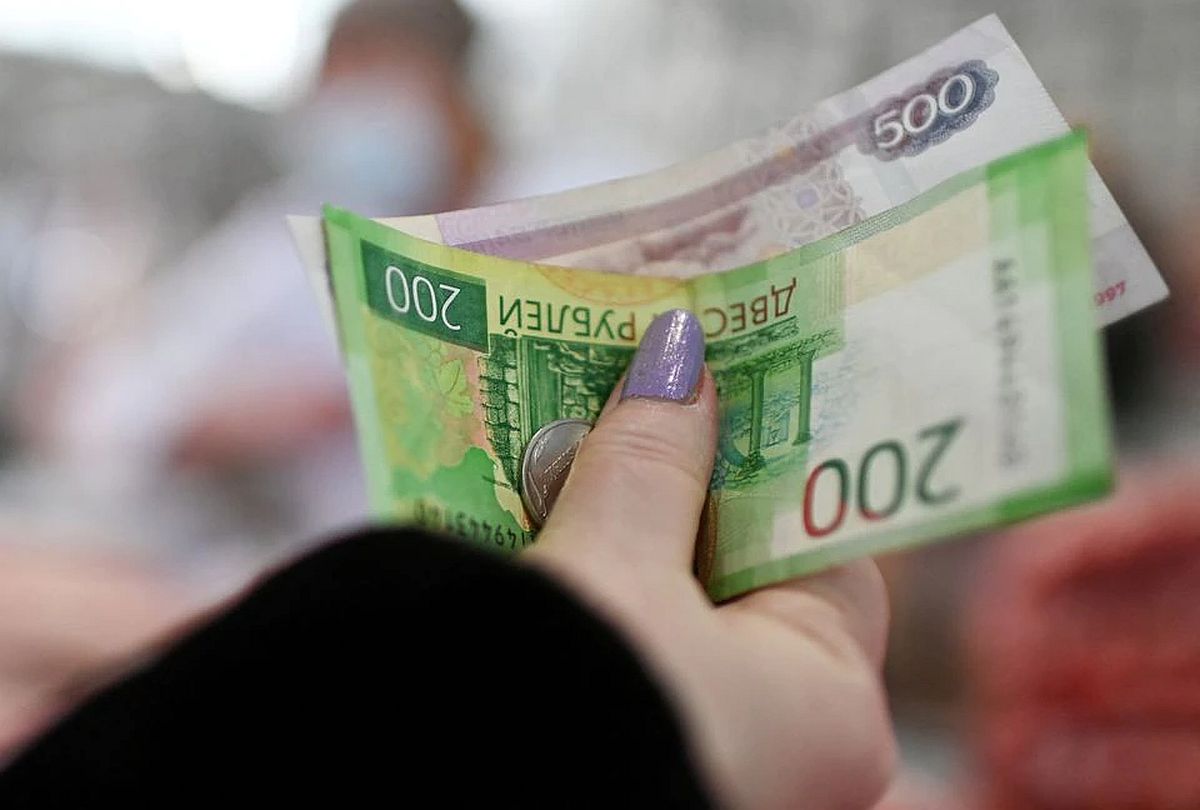
Moscow, Sep 13 (AP) Russia's central bank raised its key interest rate by a full percentage point to 19 per cent to combat high inflation as government spending on the military strains the economy's capacity to produce goods and services and drives up workers' wages.
The central bank said in a statement Friday that growth in domestic demand is still significantly outstripping the capabilities to expand the supply of goods and services.
It held out the prospect of more rate increases to return inflation from the current 9.1 per cent to the bank's target of 4 per cent in 2025.
Russia's economy continues to show solid growth despite sanctions from countries opposed to what the Kremlin calls a special military operation in Ukraine. Gross domestic product benefits from high levels of government spending, including for the military, with tax coffers bolstered by oil exports.
One result of government outlays is inflation, which the central bank has tried to combat with higher rates that make it more expensive to borrow and spend on goods, in theory relieving pressure on prices. So far it has been fighting a losing battle, and economists say that at some point tight credit may slow growth.
Rising wages and a strong jobs market have helped shoppers compensate for inflation and as a result consumer activity remains high, the central bank said.
The bank's policy rate is the highest since February 2022, when the central bank raised the rates to unprecedented 20 per cent in a desperate bid to shore up the ruble in response to crippling sanctions that came after the Kremlin sent troops into Ukraine.
Russia's economy grew 4.4 per cent in the second quarter, with unemployment low at 2.4 per cent. Factories are largely running at full speed, in many cases to produce items that the military can use such as vehicles and clothing. In other cases, domestic producers are filling gaps left by imports from abroad that have been interrupted by sanctions or by foreign companies' decisions to stop doing business in Russia.
Government revenues are supported by economic growth and by continuing exports of oil and gas with less than airtight sanctions and a USD 60 price cap imposed by Western governments on Russia oil. The cap is enforced by barring Western insurers and shippers from handling oil priced over the cap. But Russia has been able to evade the price cap by lining up its own fleet of tankers without Western insurance and earned some USD 17 billion in oil revenues in July.
The central bank said in a statement Friday that growth in domestic demand is still significantly outstripping the capabilities to expand the supply of goods and services.
It held out the prospect of more rate increases to return inflation from the current 9.1 per cent to the bank's target of 4 per cent in 2025.
Russia's economy continues to show solid growth despite sanctions from countries opposed to what the Kremlin calls a special military operation in Ukraine. Gross domestic product benefits from high levels of government spending, including for the military, with tax coffers bolstered by oil exports.
One result of government outlays is inflation, which the central bank has tried to combat with higher rates that make it more expensive to borrow and spend on goods, in theory relieving pressure on prices. So far it has been fighting a losing battle, and economists say that at some point tight credit may slow growth.
Rising wages and a strong jobs market have helped shoppers compensate for inflation and as a result consumer activity remains high, the central bank said.
The bank's policy rate is the highest since February 2022, when the central bank raised the rates to unprecedented 20 per cent in a desperate bid to shore up the ruble in response to crippling sanctions that came after the Kremlin sent troops into Ukraine.
Russia's economy grew 4.4 per cent in the second quarter, with unemployment low at 2.4 per cent. Factories are largely running at full speed, in many cases to produce items that the military can use such as vehicles and clothing. In other cases, domestic producers are filling gaps left by imports from abroad that have been interrupted by sanctions or by foreign companies' decisions to stop doing business in Russia.
Government revenues are supported by economic growth and by continuing exports of oil and gas with less than airtight sanctions and a USD 60 price cap imposed by Western governments on Russia oil. The cap is enforced by barring Western insurers and shippers from handling oil priced over the cap. But Russia has been able to evade the price cap by lining up its own fleet of tankers without Western insurance and earned some USD 17 billion in oil revenues in July.
Source: ASSOCIATED PRESS
Read More On:
DISCLAIMER - This article is from a syndicated feed. The original source is responsible for accuracy, views & content ownership. Views expressed may not reflect those of rediff.com India Limited.
You May Like To Read
TODAY'S MOST TRADED COMPANIES
- Company Name
- Price
- Volume
- Rhetan TMT
- 15.59 (+ 19.83)
- 31433475
- Srestha Finvest
- 1.79 ( -1.10)
- 29026799
- Spicejet Ltd.
- 71.66 (+ 8.00)
- 28325118
- Rama Steel Tubes
- 16.26 (+ 1.82)
- 21693933
- Vodafone Idea L
- 13.41 ( -0.89)
- 19325317
MORE NEWS
Trump Media Stock Soars: Won't Sell Shares -...
Trump Media stock jumped after former President Trump said he won't sell shares when a...

Maldives Ministers Visit Mumbai-Ahmedabad...
Maldives ministers inspect Mumbai-Ahmedabad bullet train project, including India's...

Northern Arc Capital IPO: Rs 229 Cr Raised from...
Northern Arc Capital, a non-bank financial institution, has raised Rs 229 crore from...



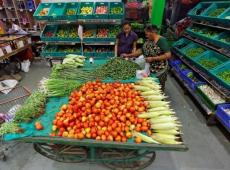
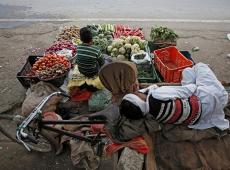
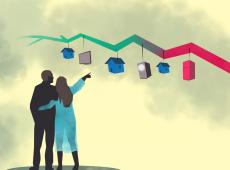
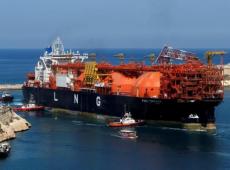
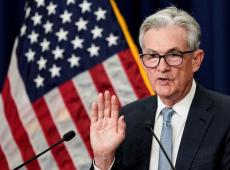

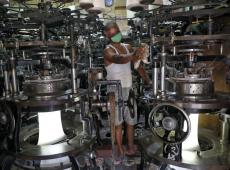
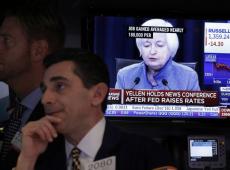
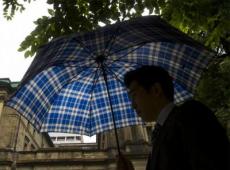
 © 2024 Rediff.com India Limited. All rights reserved.
© 2024 Rediff.com India Limited. All rights reserved.